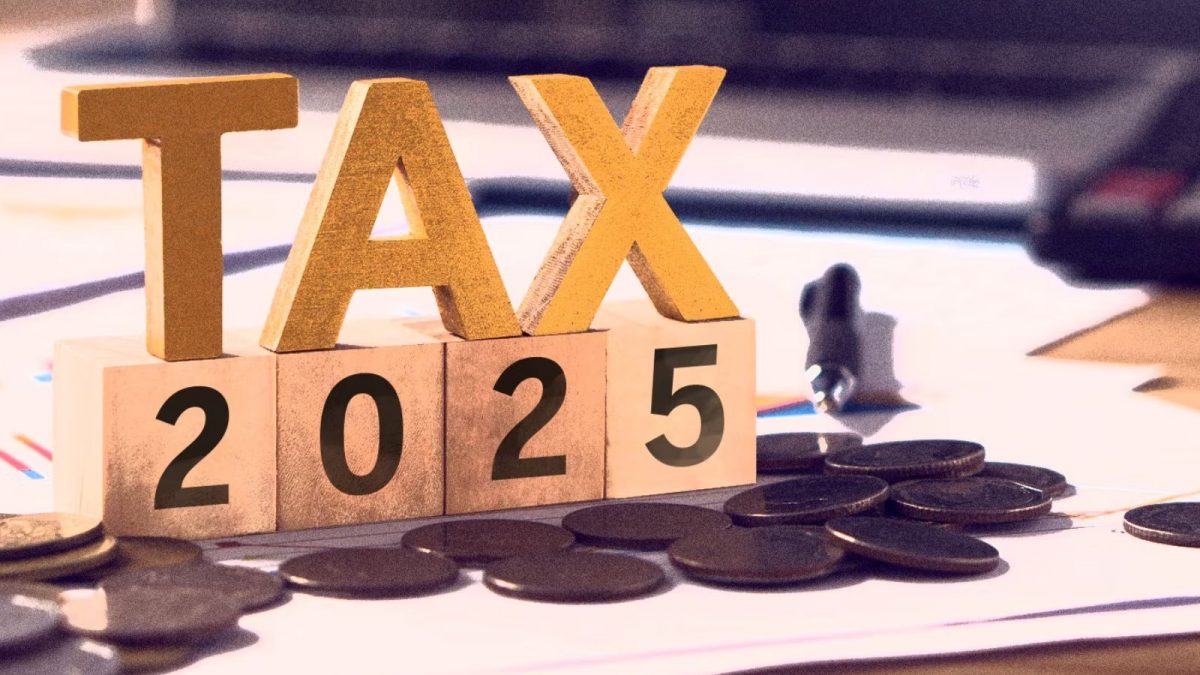Last Updated:
Income Tax Filing deadline for FY 2024-25 is September 15 for non-audit individuals. TDS on fixed deposits applies above Rs 50,000.

ITR Filing deadline for non-audit taxpayers is September 15.
Income Tax Filing Deadline: The due date for Income Tax Filing (ITR) for FY 2024-25 (Assessment year 2025-26) ends tomorrow, September 15, for non-audit individuals. Post the due date, taxpayers need to pay a penalty for filing their ITRs in a belated return.
Banks and financial institutions deduct Tax Deducted At Source (TDS) on fixed deposits when the interest earned exceeds a certain threshold. As individuals gather their documents and claim deductions, understanding the intricacies of tax deducted at source (TDS) on fixed deposits (FDs) becomes crucial.
Here’s A Full Guide To Report TDS While Filing ITR:
TDS limit for individuals below 60 years has been increased to Rs 50,000 from Rs 40,000 per financial year.
However, senior citizens can claim a deduction of up to Rs 50,000 on interest income earned from deposits with banks, post offices, and cooperative societies under Section 80TTB. This includes interest from savings accounts, fixed deposits, and recurring deposits.
TDS Rates on Fixed Deposit Interest
10%: If you provide your Permanent Account Number (PAN) and the interest earned crosses the threshold limit.
20%: If you do not provide your PAN.
Claiming a TDS Refund
If your total income is below the taxable limit, you can claim a refund of the TDS deducted. This is done by filing your Income Tax Return (ITR), where you must declare your total income, including interest from fixed deposits. Once your return is processed, the tax department will refund any excess TDS deducted.
How to Avoid TDS Deduction
You can prevent TDS deduction by submitting:
Form 15G: For individuals below 60 years with income below the taxable limit.
Form 15H: For senior citizens with income below the taxable limit.
Usually, the ITR filing deadline every year is July 31. However, as the income tax department released the ITR forms late due to various changes in the forms, the government extended the deadline till September 15. Now, the deadline is September 15, 2025, for non-audit taxpayers, including most salaried individuals, pensioners, NRIs, and those whose accounts do not require audit.

Varun Yadav is a Sub Editor at News18 Business Digital. He writes articles on markets, personal finance, technology, and more. He completed his post-graduation diploma in English Journalism from the Indian Inst…Read More
Varun Yadav is a Sub Editor at News18 Business Digital. He writes articles on markets, personal finance, technology, and more. He completed his post-graduation diploma in English Journalism from the Indian Inst… Read More
September 14, 2025, 15:52 IST
Read More








